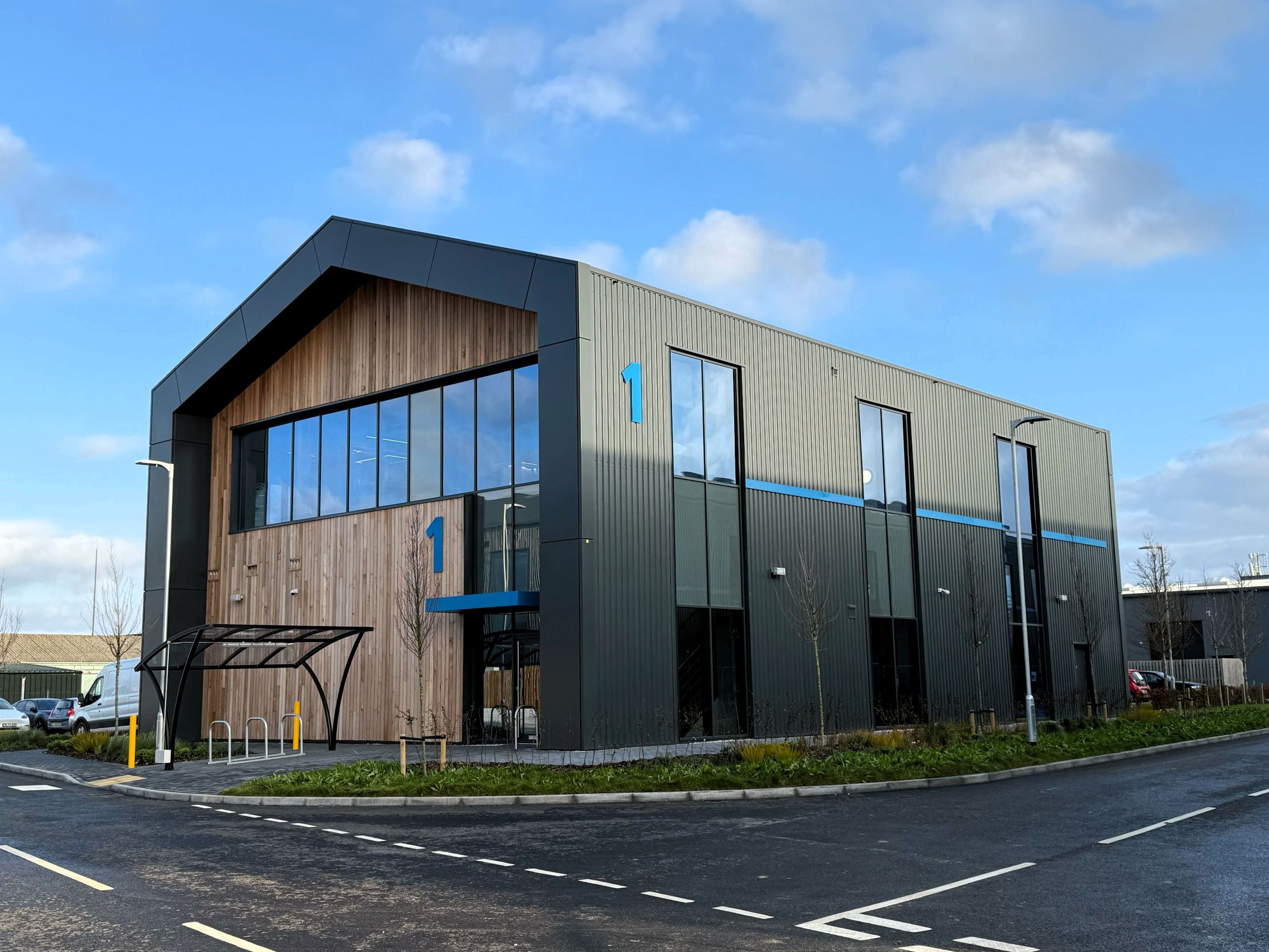Cranfield University awarded £3.1m to advance sustainable aviation

Image copyright Shutterstock
The funding from Research England will also have an immediate impact on reducing or eliminating greenhouse gas emissions from flying and airside operations at Cranfield University, amounting to 305 tonnes of CO2e (carbon dioxide equivalent) per year.
The Net Zero Research Airport project won the funding from the UK Research Partnership Investment Fund (UKRPIF) Net Zero pilot funding scheme, an £18.9 million funding boost to support universities in reducing carbon emissions and making research processes more environmentally sustainable.
It will unlock further potential from two existing Cranfield UKRPIF projects – the Aerospace Integration Research Centre (AIRC) and the Digital Aviation Research and Technology Centre (DARTeC) - by providing new facilities and equipment to support research focused on sustainable aviation.
Building the pathway to sustainable aviation
Cranfield University, which has committed to its own target of net zero carbon emissions by 2030, has a long-standing focus on aviation and the environment.
“This funding is a welcome boost to our innovation and research at Cranfield University,” said Professor Iain Gray, Director of Aerospace at Cranfield University. “It will have an immediate impact on our own operations and emissions. And in the longer term it will help us to make a significant contribution to the government’s ambition of net zero aviation by 2050 and global net zero targets, as new technologies and developments are adopted by the aviation industry.
“There is a pressing need for a clear pathway to a future world of sustainable aviation, and Cranfield University can help to build that.”
Immediate impact on reducing emissions
The Net Zero Research Airport project will invest in new equipment for the University, which will have an immediate impact on reducing emissions. This includes:
- a Hydrogen electrolyser, powered by solar panels, to supply fuel-cell aircraft research, ground operations vehicles and research into hydrogen internal combustion engines and gas turbine combustors.
- a mobile hydrogen compression and vehicle refueling system, supporting research projects across the Cranfield campus
- two electric vehicle charging stations to charge airport ground operations vehicles
- electric and fuel-cell ground operations vehicles to support the National Flying Laboratory and aircraft trials, including an aircraft tug, ground power unit and rapid response fire truck – moving the University away from using diesel-powered vehicles
- a sustainable aviation fuel bowser to maximise use of this fuel at Cranfield’s airport
- air quality and metrological instrumentation to extend Cranfield’s Living Lab research system, monitoring aviation and transport emissions information for AIRC and DARTeC online, and integrating this with the UK Collaboratorium for Research on Infrastructure and Cities.
Additional infrastructure crucial to moving forward
Cranfield University already plays a significant role in accelerating sustainable aviation research and translating this to regulated aviation. As the only university in Europe with its own airport, alongside leading aerospace research facilities and world-renowned experts, Cranfield is harnessing digital and physical technologies to achieve rapid innovation.
Professor Graham Braithwaite, Director of Transport Systems, leads the DARTeC project and said: “Our research has been developing at pace and it’s now crucial that we have this additional infrastructure to keep moving forward.
“The whole aviation ecosystem - from ground operations to aircraft, from airports to autonomy – is on the cusp of huge and positive disruption; and we have a lead role, working alongside industry partners and new start-up businesses, to bring the potential for net zero to fruition.”
Next-generation sensors will create ‘digital twin’ airport
Part of the funding will go towards developing next-generation emissions sensing technologies through the Living Lab research project at Cranfield.
The expanded sensor network will develop and evaluate ground operations and aircraft handling to minimise noxious as well as greenhouse gas emissions, using carbon capture, sequestration, utilisation and storage technologies already under active development.
Live sensor data from the airfield will also feed into an airport ‘digital twin’. This is a virtual model designed to accurately reflect the physical airport, and will enable researchers to deliver new virtual modelling of emissions for different aircraft operations and fuel types.
Supporting the research sector to reduce environmental impacts
Research England Executive Chair, David Sweeney, said: “The UK Research Partnership Investment Fund has a strong track record in funding state-of-art facilities that support world-leading research and strengthen partnerships between universities and other organisations active in research.
“By piloting these innovative approaches to tackling net zero in infrastructure, we hope that this scheme will help us to learn more about what works so that we and the HE sector can factor this into future activity and build upon the already successful UKRPIF model.”
Professor Duncan Wingham, Executive Chair of NERC and sponsor for Environmental Sustainability and Net Zero in UKRI, said: “Our Environmental Sustainability Strategy commits UKRI to supporting the research sector to reduce its negative environmental impacts.
“This funding will help these leading national centres and facilities develop innovative solutions to reducing energy demand and increasing the use of renewable power in some unique research environments.
“UKRI is proud of its role in helping reduce carbon emissions from delivering cutting-edge research outputs in support of institutional and national net zero targets.”
Driving research into aviation and the environment
Cranfield became a member of the National Centre for Atmospheric Science (NCAS) in 2020 and has hosted its FAAM Airborne Laboratory since 2007.
In September 2020, Cranfield supported ZeroAvia in achieving the world’s first hydrogen fuel cell powered flight of a commercial-grade aircraft. Cranfield Aerospace Solutions and the university are developing a retrofittable green propulsion system using hydrogen fuel cell technology.












